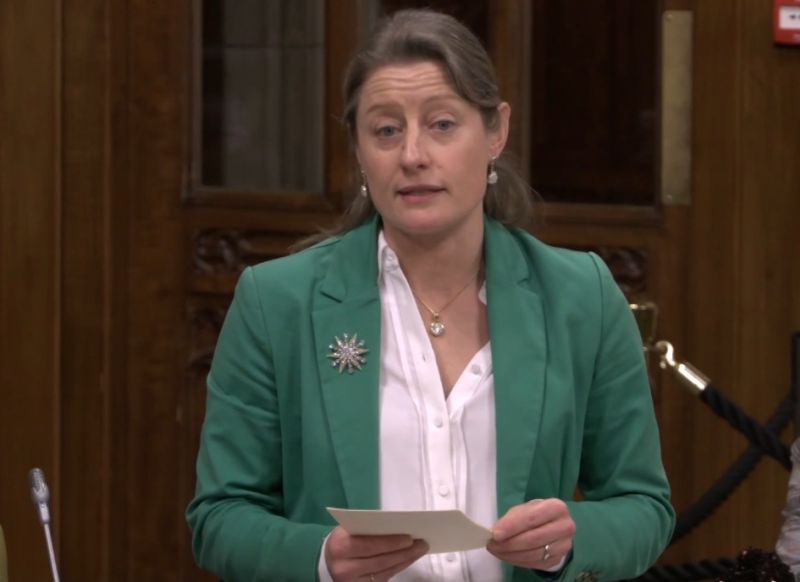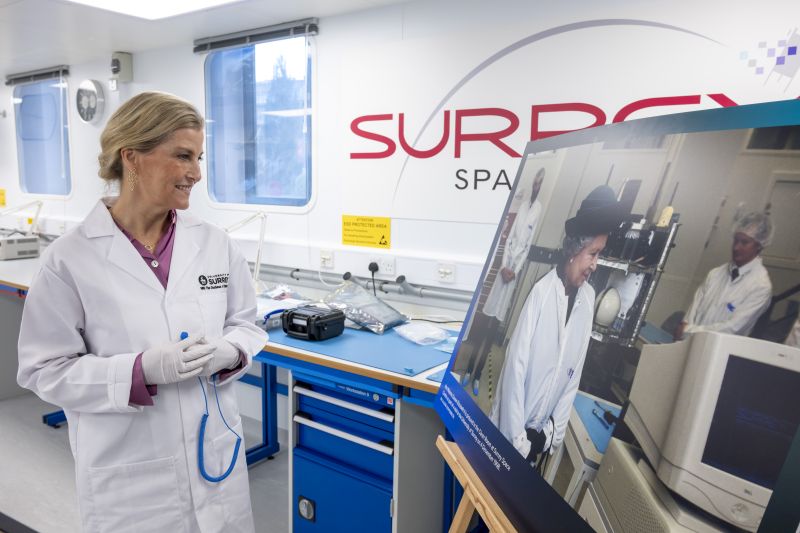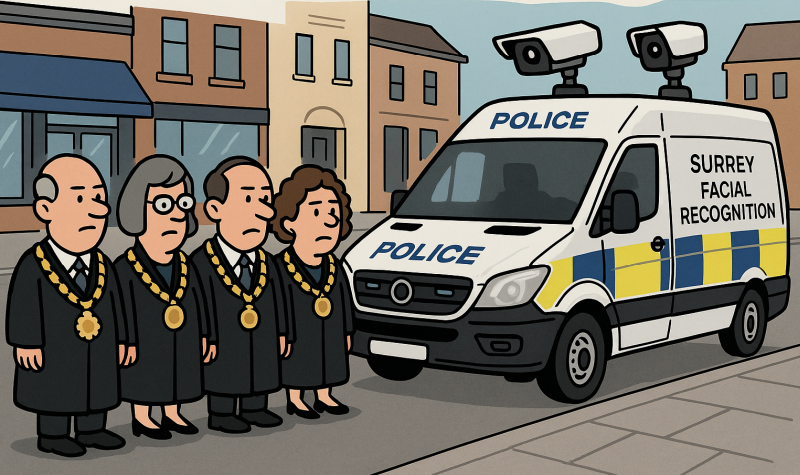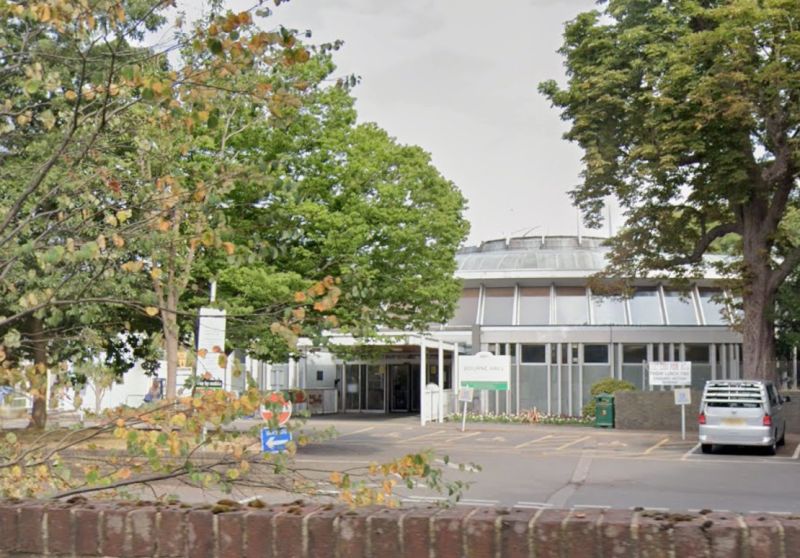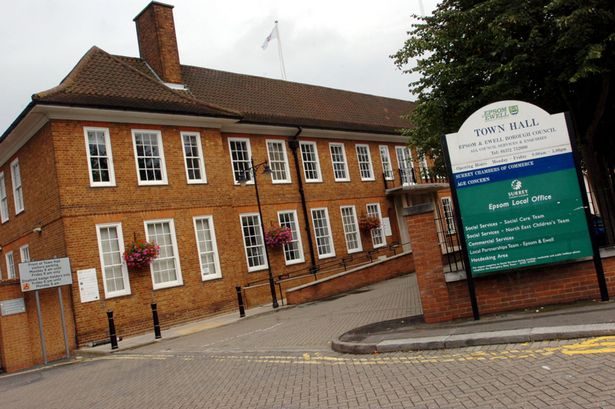Council staff to get 6% pay increase?
November 14th, Epsom and Ewell Borough Council’s Strategy and Resources Committee grappled with the decision of recommending a pay award for staff in the fiscal year 2024/25. The recommendation to the full council came amid challenging financial projections and a backdrop of heightened inflationary pressures.
The annual pay award, previously agreed upon for a four-year period spanning from 2020 to 2024, necessitated a new deal for the fiscal year 2024/25. Over the past four years, the cost of living pay award had been closely tied to the Consumer Price Index (CPI) inflation, with a 3% cap implemented when CPI exceeded 3%. The council had maintained a partnership approach, actively consulting with the Staff Consultative Group (SCG) in accordance with its Employee Pay & Reward Procedure.
However, the past two years had seen staff receive pay awards beneath prevailing inflation rates. As of the latest data, CPI inflation for September was at 6.7%, down from 8.7% in April, with projections suggesting further moderation. Despite this, public sector unrest had been evident, and the government had accepted recommendations for pay awards in the range of 5-7% for millions of public sector workers, including police officers and teachers.
In an effort to gauge staff sentiment, the SCG conducted a survey, receiving 140 responses, representing approximately 40% of all staff. The overwhelming preference was for a single-year deal (82% in favor). Furthermore, 58% expressed support for including provision for recognizing those at the top of their pay grade within the pay deal.
The survey also indicated that 80% of staff believed an increase in the 5-7% range was appropriate, with a leaning towards the higher end. Notably, there was a sentiment that the council should prioritize funding the highest percentage pay award rather than opting for one-off, non-consolidated payments or other perks.
As the council faced a budget deficit of £1.1 million in 2024/25, financial prudence was crucial. Budget planning had assumed a 3% pay increase for the next four years. Any award above 3% would escalate the projected deficit, necessitating additional service income or savings.
Despite financial constraints, staff and wider-public sector settlements, coupled with the persistent high level of inflation, indicated that a 3% offer might not be acceptable to employees. The council also had to consider its position as an employer compared to neighboring authorities with higher starting salaries.
The UK National Living Wage (NLW) was expected to rise to at least £11.00 per hour (a 5.7% increase) from April 1, 2024, posing additional challenges for the council in maintaining pay differentials.
The committee was tasked with considering several pay options, each with financial implications. Option 1 maintained a 3% pay award, aligning with existing financial projections. Options 2 through 4 escalated the pay increase and subsequently increased the council’s projected budget deficit. Importantly, all options ensured that staff remained eligible for pay progression, and no employee would be paid below the National Living Wage rate uplift.
Councillor Robert Leach (RA Nonsuch) expressed concern that the 3% pay award in recent years was below the rate of inflation, effectively resulting in a pay cut for staff in real terms. He advocated for a higher rate, specifically 6%, considering the impact of inflation.
Councillor Chris Ames (Labour Court) echoed Councilor Leach’s sentiments, emphasizing that staff should not consistently receive pay awards below inflation. He supported the idea of a 6% increase.
Councillor Alison Kelly (LibDem Stamford) highlighted that the borough was among the lower-paying ones and expressed disappointment in the need to express concern about the living wage. She favored one of the higher rates.
Councilor Alan Williamson (Ra West Ewell) acknowledged the importance of considering the budget deficit implications and proposed a 5% increase, citing projections of a downward trend in inflation.
The debate continued, with various councillors expressing their views on the appropriate pay rise percentage. The discussion also touched on the distribution of staff salaries and the potential impact of the pay award on the budget deficit.
Ultimately, Councillor Leach suggested a voting process, starting with the highest figure (6%) and moving down until a majority-supported percentage was reached. A unanimous decision was reached in favor of recommending a 6% pay rise for staff.
The chair Cllr Neil Dallen (RA Town) clarified that this recommendation would be presented to the full Council, emphasizing that the percentage discussed did not guarantee approval but would be subject to further debate.





